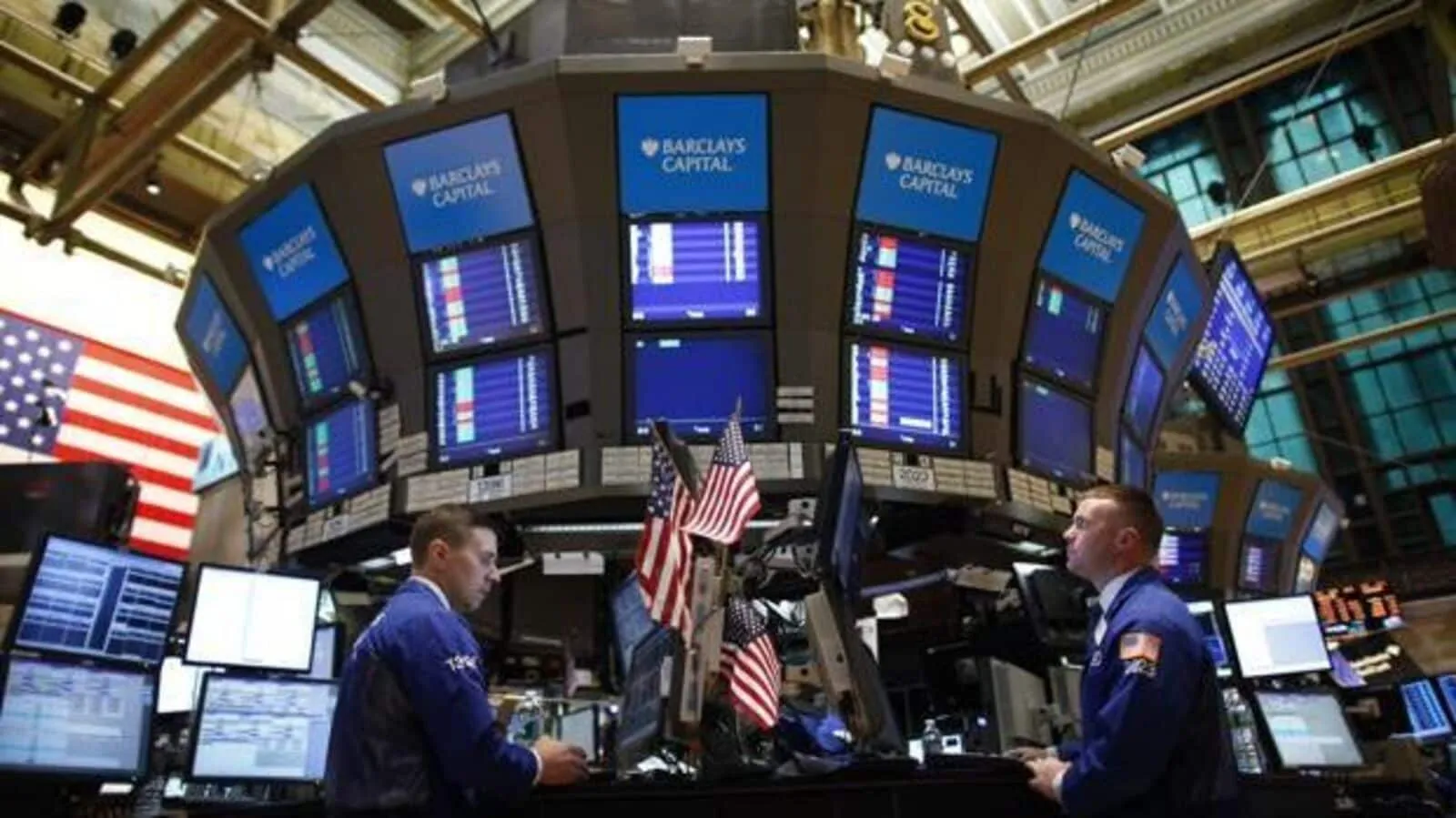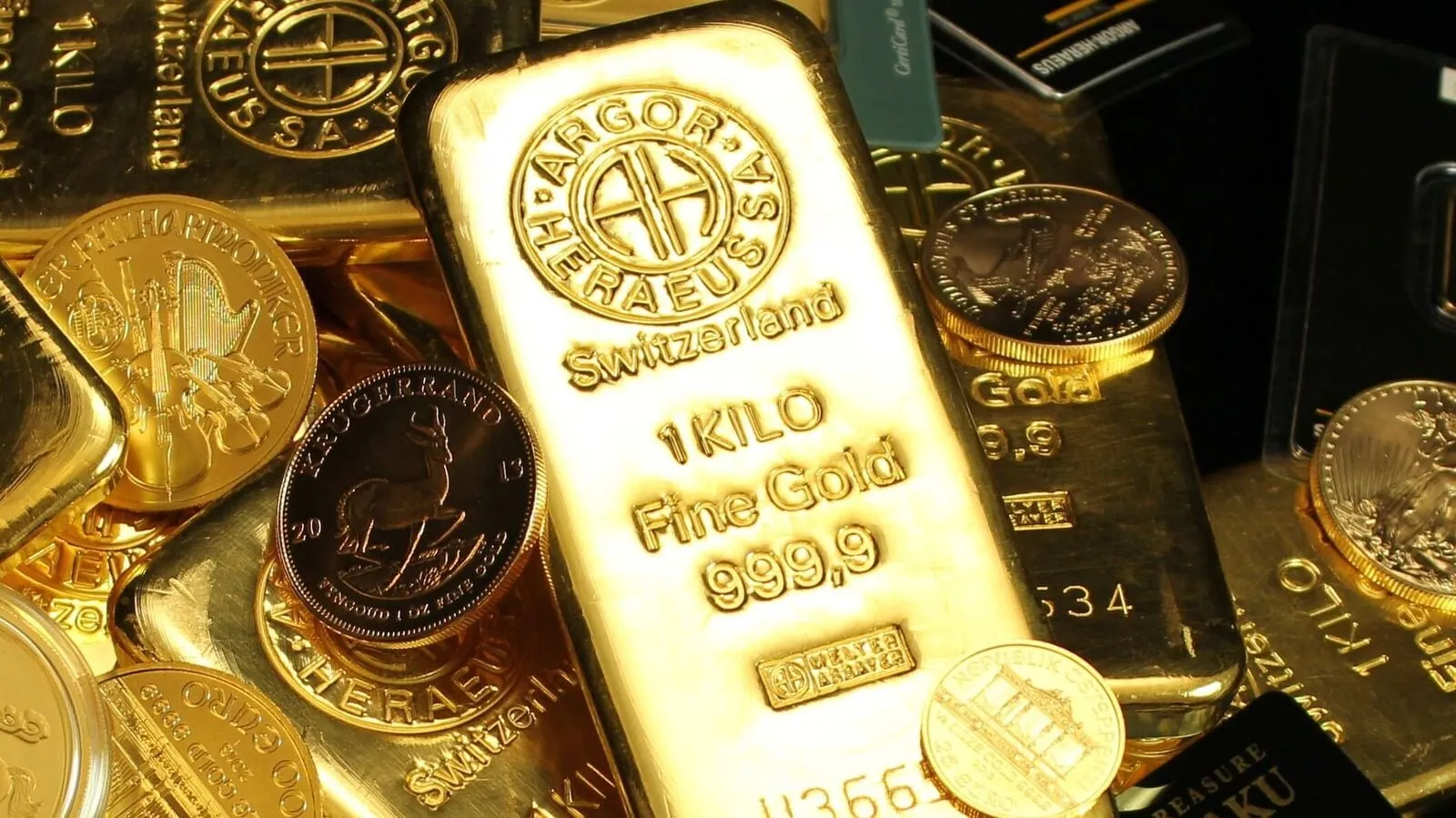US stock market ends lower as Israel-Iran conflict escalates; Dow Jones, Nasdaq crack over 1%; defence stocks rally

US stock market ended sharply lower on Friday, led by losses in financials and information technology stocks, after conflict in the Middle East escalated as Iran launched counterstrikes at Israel.
The Dow Jones Industrial Average dropped 1.79% to 42,197.79, while the S&P 500 declined 1.13% to end at 5,976.97. The Nasdaq closed 1.30% lower at 19,406.83.
Ten of the eleven S&P 500 sector indices closed lower, with financials leading the decline, falling 2.06%, followed by a 1.5% drop in the information technology sector. Declining stocks outnumbered advancers on the S&P 500 by a ratio of 6.1 to 1.
For the week, the Dow Jones fell 1.3%, the S&P 500 dipped 0.4% and the Nasdaq lost 0.6%.
Investor sentiment took a hit after multiple explosions were reported over Tel Aviv and Jerusalem, with sirens sounding across Israel following missile launches from Iran. The development followed Israeli strikes on nuclear facilities and missile factories in Iran, marking a sharp escalation in Middle East tensions.
The US dollar index rose about 0.5% to 98.16, while US 10-year Treasury yields rose 5.6 basis points to 4.413%, as markets absorbed a sudden shock to commodity and stock prices.
Meanwhile, crude oil prices jumped 7%, feeding investor worries over a wider disruption in oil supplies.
US Stocks
Nvidia share price declined 2.1%, Apple stock price lost 1.4%, while Visa and Mastercard shares fell more than 4% each. Adobe shares fell 5.3%, Oracle shares jumped 7.7% to a record high,
US defense stocks rallied, with Lockheed Martin, RTX Corporation and Northrop Grumman all gaining over 3%.
Airline stocks fell amid rising fuel costs. Delta Air Lines share price declined 3.8%, United Airlines stock price plunged 4.4% and American Airlines shares dropped 4.9%.
US energy stocks rose, with Exxon share price gaining 2.2% and Diamondback Energy shares rallying 3.7%.
(With inputs from Reuters)
Disclaimer: The views and recommendations made above are those of individual analysts or broking companies, and not of Mint. We advise investors to check with certified experts before making any investment decisions.h








